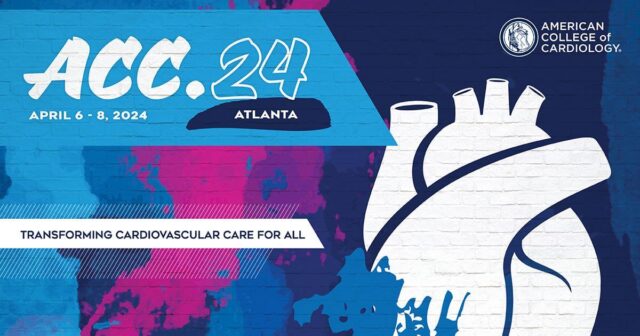Coronary sinus reduction (CSR) is a relevant area of study for the treatment of refractory angina, with hopes of improving myocardial perfusion. However, to date, there are no conclusive data.

The ORBITA-COSMIC study is a randomized, double-blind, placebo-controlled trial conducted at six centers in the UK. Researchers recruited patients with angina and chronic ischemia who were neither receiving optimal medical treatment nor scheduled for additional interventions (such as percutaneous coronary intervention or revascularization surgery). Each patient underwent stress cardiac MRI, and their angina was assessed using an application.
After sedation, patients were randomized 1:1 to undergo CSR or placebo. CSR involves percutaneous placement of a sand-clock-shaped stent (Neovasc Reducer) in the coronary sinus.
Primary endpoints evaluated were myocardial blood flow (MBF) imaging and angina symptoms measured using the ORBITA-app. Secondary outcomes included epicardial perfusion gradient, MBF at rest, myocardial perfusion reserve, and scar burden.
Read also: ACC 2024 | IVUS-DCB.
A total of 51 patients were included (25 in the CSR group and 26 in the placebo group), with a mean follow-up of 184 days. Most subjects were men (86%), and the average age was 67 years, with a high proportion of patients with a history of prior coronary bypass surgery.
Regarding MBF, there was no benefit compared with placebo when analyzing ischemic segments (0.06 mL/min per g [95% CrI –0.09 to 0.20]; Pr(benefit)=78.8%). However, CSR improved the endocardial-to-epicardial flow ratio (0.09 [95% CrI 0.00 to 0.17]; Pr(benefit)=98.2%). Regarding symptoms, at 6 months of follow-up, the CSR group showed a lower number of recorded angina episodes (odds ratio [OR], 1.40 [95% CrI 1.08 to 1.83]; Pr(Benefit)=99.4%).
The authors concluded that, while the hypothetical goal of improving MBF imaging was not achieved, patients treated with CSR showed better distribution of perfusion toward the endocardium, resulting in a lower incidence of angina episodes. This suggests that CSR could be considered as a therapeutic option for refractory angina.

Dr. Omar Tupayachi.
Member of the Editorial Board of SOLACI.org.
Original Title: Reducción del seno coronario para el tratamiento de angina refractaria.
Reference: Presentado por Dra. Rasha K Al-Lamee en ACC.24 Late-Breaking Clinical Trials, 6-8 de abril, Atlanta.
Subscribe to our weekly newsletter
Get the latest scientific articles on interventional cardiology





